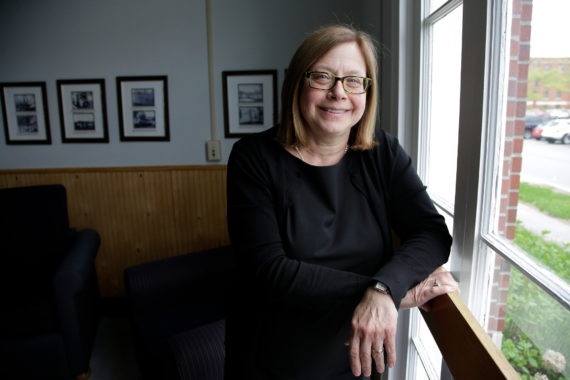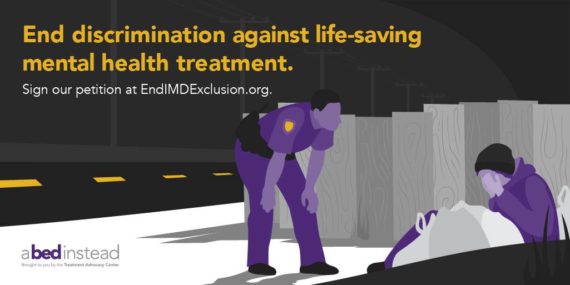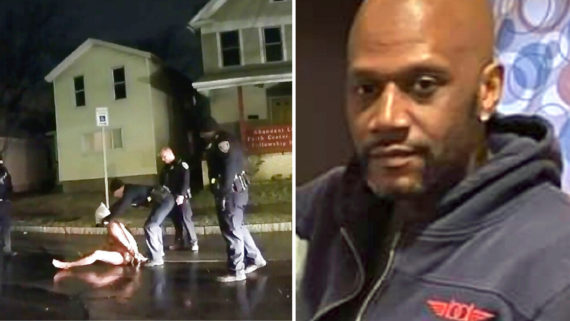(1-11-21) I asked Dr. Elinore McCance-Katz to review her four years as the first-ever Assistant Secretary For Mental Health and Substance Use now that she has resigned. Her response follows:
Dear Pete,
I can’t imagine that anyone was more surprised than me when I was nominated to the political appointment of the first Assistant Secretary for Mental Health and Substance Use.
I have never been active in any political party although I have worked in government for many years—for both Republicans and Democrats. 
I have done this because I believe it is imperative that healthcare practitioners have a real ‘place at the table’ and provide subject matter expertise and experience working with those who suffer from illnesses to the government which regulates the delivery of healthcare services in this nation. I have three major tenets that influence my approach and decisions in behavioral health.
Health Care Is A Right, It’s Cruel To Not Help SMI, And Families Matter
The first is that healthcare is a right—that people have a right to treatment of mental and substance use disorders. The second is that it is not honoring a person’s civil rights to allow them to suffer from brain diseases such as schizophrenia, schizoaffective disorder, bipolar disorder, and drug and alcohol addiction because they are too ill to realize they need medical care—rather it is cruel. That approach condemns affected people too often to live unsheltered, without adequate food, isolated and alone, at risk for violence, abuse, injury and sometimes death. For far too many it results in imprisonment for minor infractions of the law further stigmatizing and isolating them. I believe that a society is judged by how it treats its most vulnerable and, from my perspective, there are none more vulnerable than those who are terribly impaired by severe mental and substance use disorders. I believe families are the real backbone of the safety net system for those living with these serious mental illnesses and that they should be communicated with by healthcare providers when someone too ill to know to contact family members is admitted to a hospital—to not do so is callous. For the great majority of those with serious mental illness family members are the consistent caregivers and as such, should be included in care plans developed by clinicians unless there is evidence for mistreatment or abuse. In my experience, that is rarely the situation.
These principles have guided me through these last four years in federal service.


 Daniel Prude, 41, apparently stopped breathing as police in Rochester, N.Y. were restraining him in March 2020 and died when he was taken off life support a week later. Photo provided by Roth and Roth LLP.
Daniel Prude, 41, apparently stopped breathing as police in Rochester, N.Y. were restraining him in March 2020 and died when he was taken off life support a week later. Photo provided by Roth and Roth LLP.

